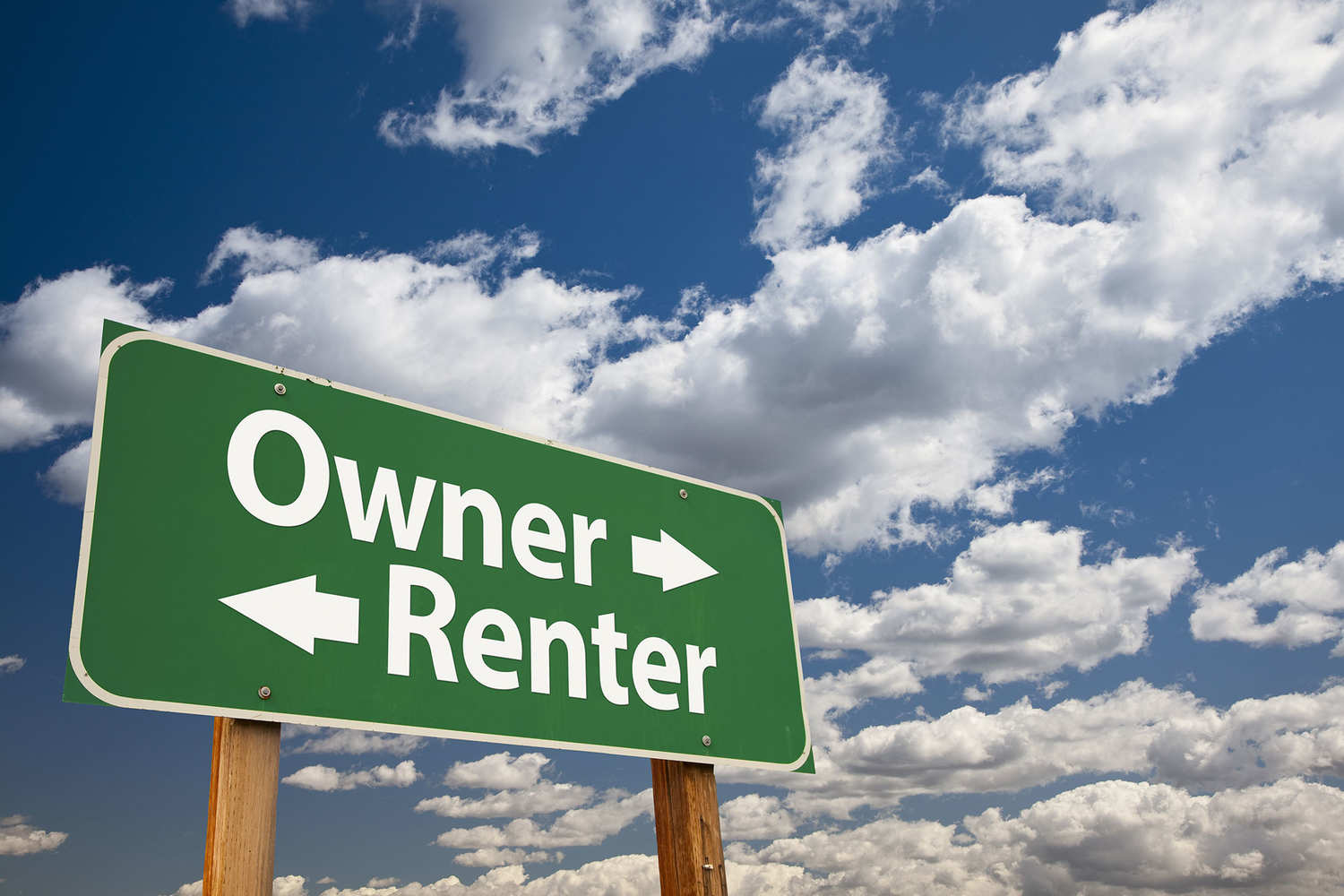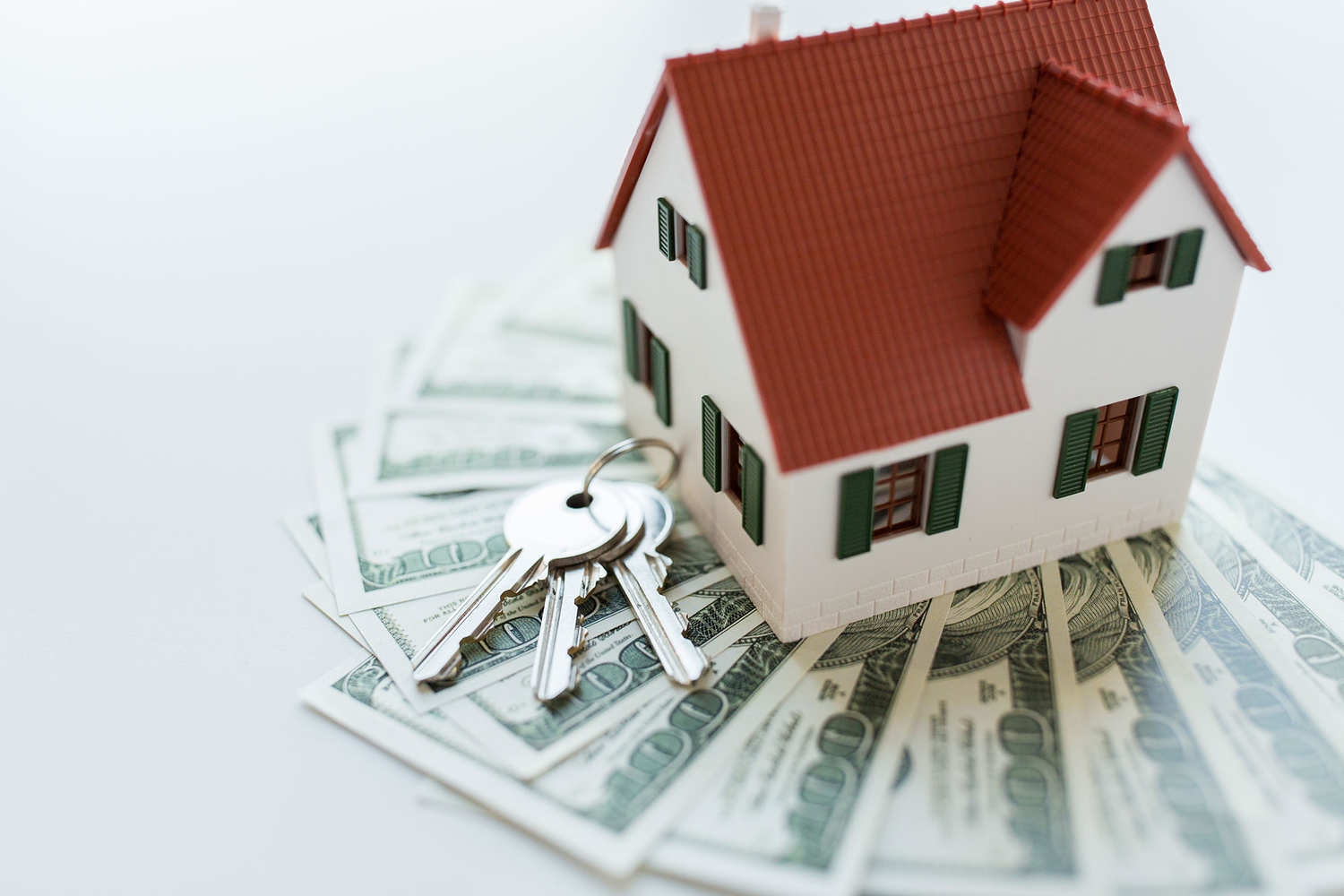Why Sell or Buy a Home in Winter?
February 27, 2017
Why would any article discuss how to sell a home in winter? Besides some surprising strategic rationale (which we’ll discuss in a moment), the reasons are simple:
- Your home is likely the most significant piece of your investment portfolio
- You will eventually purchase and sell your home several times
- You should be knowledgeable about selling your home at any time of year
But believe it or not, research shows that listing your home during the winter season might be the smart thing to do for both the seller and buyer.
Conventional “wisdom” would argue that the winter season is the absolute worst time to list and house hunt. Spring may still be peak home-shopping season, since most families want to move when the kids are out of school, but it actually pays to list in the winter, when buyers tend to have more urgency.
A study by online brokerage Redfin found that average sellers net more above asking price during the months of December, January, February, and March than they do from June through November, even in cold-weather cities like Boston and Chicago. And homes listed in winter sold faster than those posted in spring.
In other words, according to the Redfin study, if you’re waiting until spring to put your home on the market, you’re going to want to take a look at the numbers. Redfin analyzed homes listed from March 22, 2011 through March 21, 2013. The study discovered that those listed in winter have a “9 percentage point greater likelihood of selling, sell a week faster, and sell for 1.2 percentage points more relative to list price than homes listed in any other season.”
Buyers, too, can benefit from house hunting in winter, as this Yahoo writer notes. The pace and competition for a home tends to be less during this time period. In addition, it's easier in the winter months to assess the quality of insulation and heating, or to tell if the basement gets wet or if the home doesn't get enough light. And, of course, the buyer could well find the perfect home in winter even if there are fewer homes on the market.
In addition, a buyer can benefit from a winter search because, more often than not, the seller is eager to make a deal, as noted by Debbie DiMaggio, a Realtor and author in Piedmont, California, whom Yahoo interviewed: "Typically, when homes are listed between Thanksgiving and the New Year, it signals that the seller needs to sell, and thus the buyer may have more leverage.”
Sam Heskel, the president of an appraisal firm in Brooklyn, Nadlan Valuation, notes that buyers tend to be more serious in the winter: "Sellers typically find that off-season buyers may be more focused and ready to buy a home," he says.
In conclusion, research and market studies seem to support the observation that there are many opportunities in the real estate market throughout the year including the winter months.







